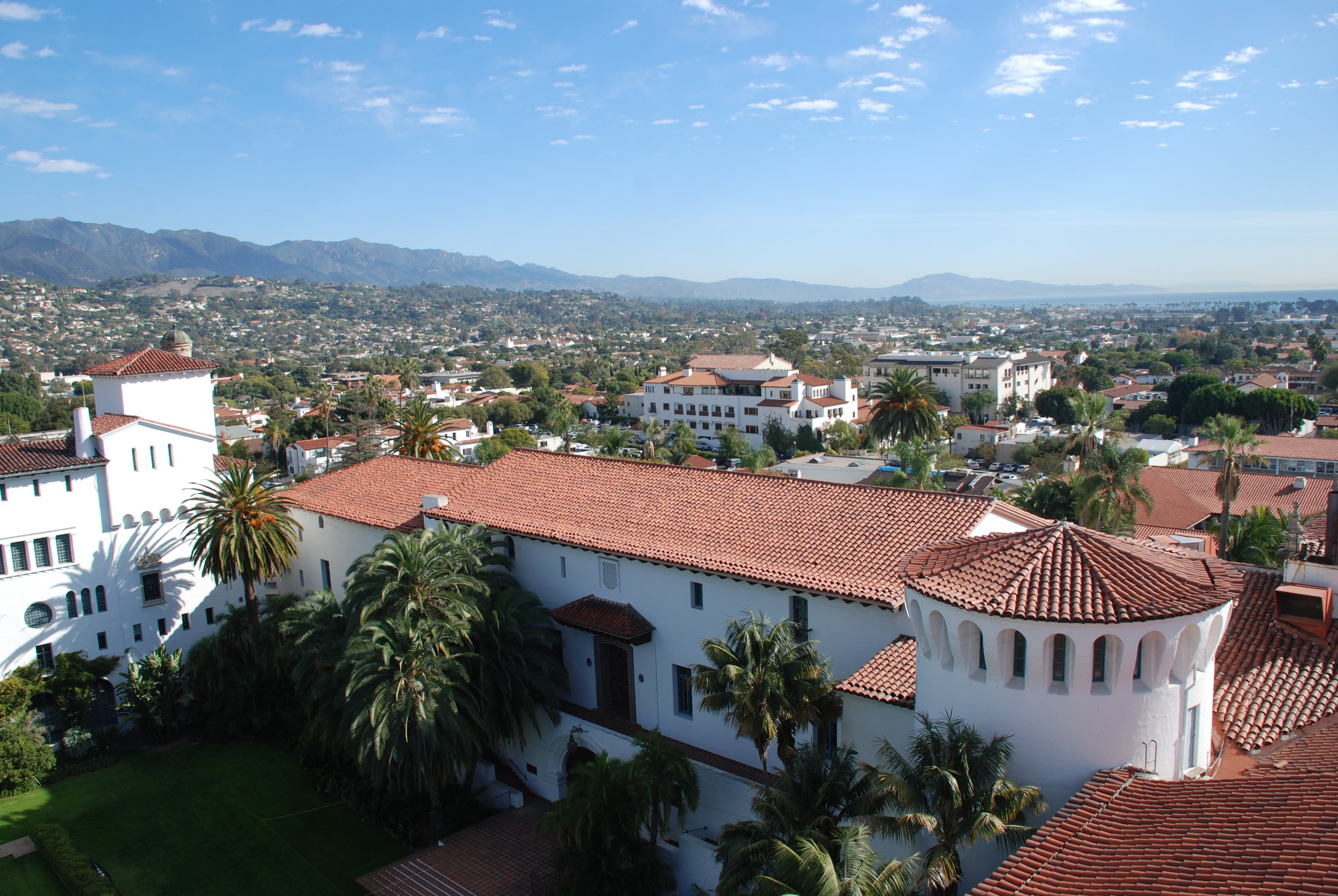the unlikely invisibles
I moved to Santa Barbara four months ago. I'd been living in Portland, Oregon, for the past 6 years, and though I love the city and the people there, the dreary drizzle got to me after a while. So in March, I moved here to work two days a week as a physician assistant at an urgent care clinic, which gives me 5 days a week to write, travel and speak.
On March 7th I spoke at a writers' conference in Portland. I gave my talk, then literally walked off the stage, got into my car, and started driving down to California with my friend Stephanie. We drove through the night and ended up arriving around 3 p.m. The following morning we went to Pete's Coffee in downtown SB. Behind Pete's there's a courtyard with a fountain and tables. On the other side of the courtyard there's a yoga studio and a few other shops.
As we sat there drinking coffee in the early morning sunshine, we talked about who the Invisible People of SB might be.
Working with the Somali refugee family in Portland has been amazing. And the book that came out of that experience, The Invisible Girls, has been such a gift. But it's not enough for me to say, "Hey, there was this one time when God did that really cool thing…." Surely there are more marginalized, overlooked, invisible people in my future.

I told Stephanie I was pretty sure I knew who the marginalized people of SB were -- they were the migrant workers, mostly from Central and South America, who live in a rundown corner of town, where there are small houses with rusty chain-linked fences and unmanicured lawns. They are the people who don't fit in with the otherwise wealthy, pristine town.
"Maybe I'm supposed to move into a trailer park in that part of town so I can get to know people better," I said.
Stephanie shrugged. "Maybe." She sounded unconvinced.
And as I was thinking, Well, if the Invisible people aren't the migrant workers, who else could they possibly be?, I noticed a woman walking across the courtyard. She was in her late 50's and had obviously had plastic surgery on her face. She was wearing a Lululemon yoga outfit, and carrying a yoga mat under her arm.
She caught a glimpse of herself in the window of one of the storefronts, and stopped to take a closer look. She ran her manicured nails through her perfectly cut-and-dyed hair, then rubbed at her blush with the pads of her fingertips, then proceeded to adjust her clothes, pulling at her top and pants. She turned to see a different angle of herself, then pulled at her clothes and adjusted her hair again. As I watched her, it occurred to me that this woman seemed horribly uncomfortable in her own skin.
I realized that my (unconscious) working definition of Invisible People = non-English speaking, poorly educated, low income folks. But as I watched that woman, I realized there are many, many more people who are overlooked in our world.
Sure, the wealthy, elite women in Santa Barbara are visible in that they're often seen about town, at the symphony or the yacht club or the charity fundraiser or the spa. The thing is, people see these women all the time-- but often don't see them for who they really are.
I don't think anyone's ever sat these women down, looked them in the eye, and said, "You're beautiful, and you matter, and you're special -- not for what you have or what you look like on the outside, but for who you are."
It's made me start to see my new hometown in a new way, looking for ways to show love and compassion to people (especially these wealthy women) that I never thought could need it.
Invisible People are all around us, sometimes hiding in unlikely, unexpected places.
Do you see them?
